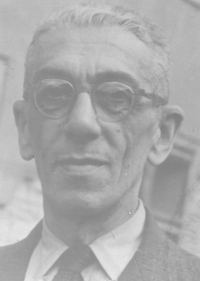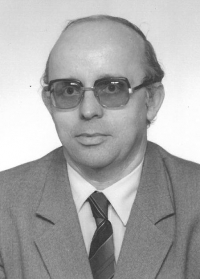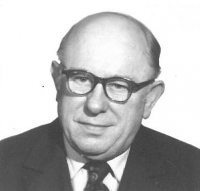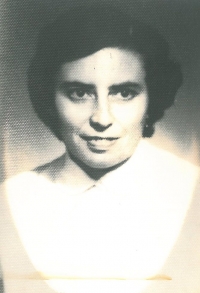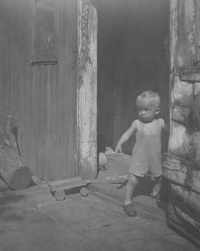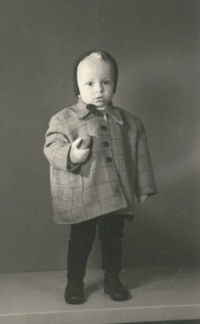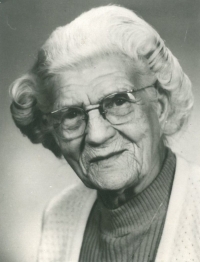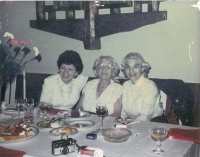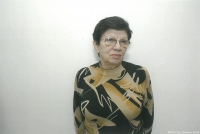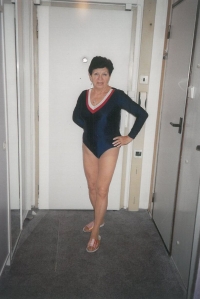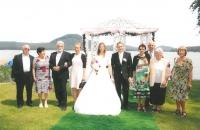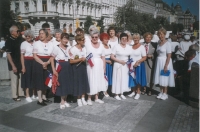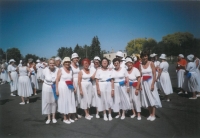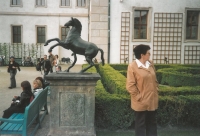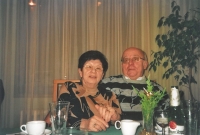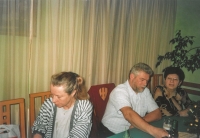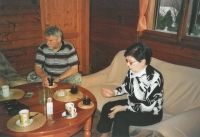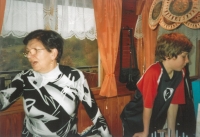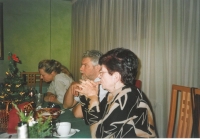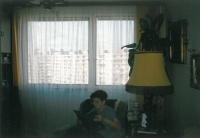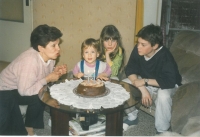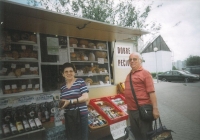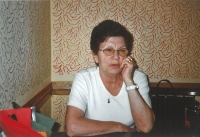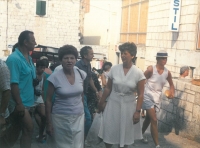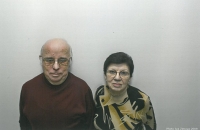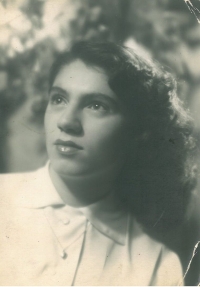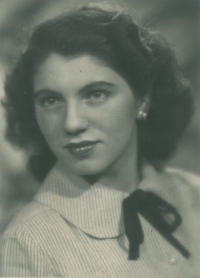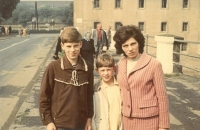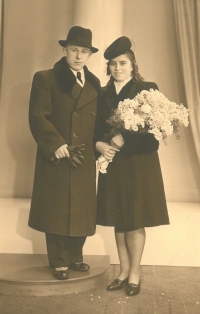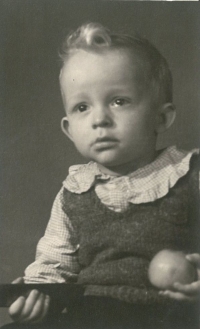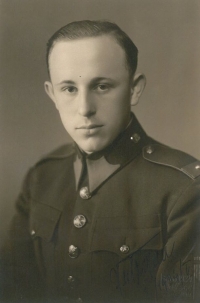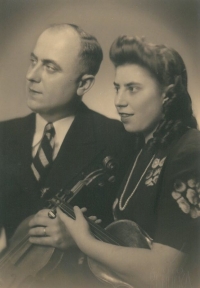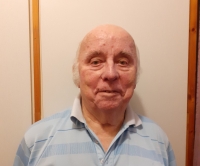To live and to enjoy it because we will be dead for so long

Stáhnout obrázek
Jindřich Trojan was born on the 21st of December 1942 in Prague. His mum had a long-term disease, his father worked as a clerk and had a low salary but he went to perform several times a week after work because he was a gifted musician and has his orchestra. Jindřich finished primary school, applied for Secondary School of Agriculture and Wine-making but returned to Prague after two months. Jindřich´s father took care of his ill son Míla after Jindřich´s mother´s death and Jindřich started to work in a bank. We gradually worked his way up from an operator to a head of accounting and he attended evening classes and passed the secondary-school leaving exams at Secondary School of Economics. He met his future wife Lili née Ledererová in the bank. She was deported to Terezín Ghetto during the war and she spent there three years and lost two of her three siblings. She recorded her memories of Terezín Ghetto on a video for USC Shoa Foundation. Jindřich later worked as a head of accounting in Research Institute of Economic Planning. He stated during the screenings at the beginning of so-called normalization that the arrival of the Soviet army in 1968 had been aggression and occupation. He had to leave the Institute but he found a job in Town Committee of Union for Cooperation with the Army (Svazarm) where many people with similar fate worked. He worked his way up to the head of economic department and he stayed there for twenty years. Before he retired, he had worked in Prague 13 town hall as the head of audit department for last two years. Jindřich and his wife were founding members of the Civic Democratic Party. He died on August 2023.
